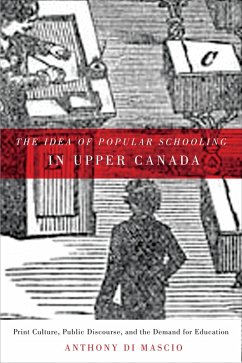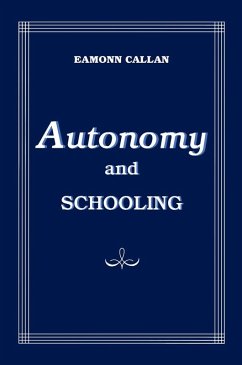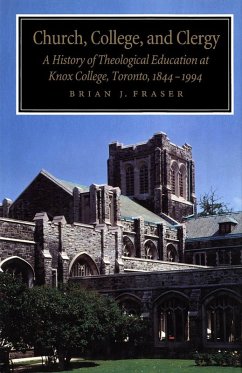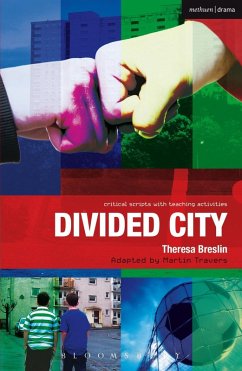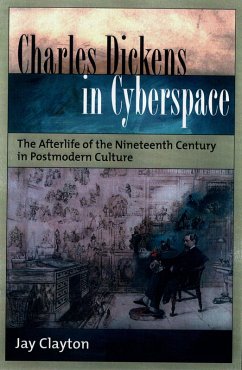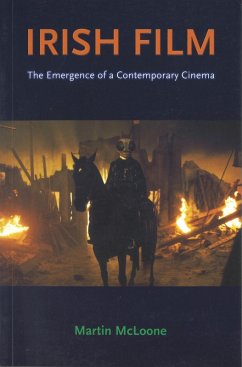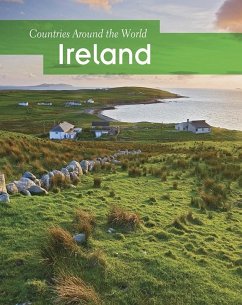
Church, State, and the Control of Schooling in Ireland 1900-1944 (eBook, PDF)

PAYBACK Punkte
31 °P sammeln!
In the final two decades of British rule in Ireland the Roman Catholic Church saw its pre-eminent role in the control of schooling threatened by the secularist and democratic reforms of the imperial administration. Consequently, the Catholic bishops increasingly viewed the success of the nationalist movement as the best guarantee of the continuation of the educational status quo. The nationalist alliance proved a key element in obstructing proposed reforms in the pre-independence period - a period characterized by church-state hostility. In this volume Dr Titley examines the institutional cont...
In the final two decades of British rule in Ireland the Roman Catholic Church saw its pre-eminent role in the control of schooling threatened by the secularist and democratic reforms of the imperial administration. Consequently, the Catholic bishops increasingly viewed the success of the nationalist movement as the best guarantee of the continuation of the educational status quo. The nationalist alliance proved a key element in obstructing proposed reforms in the pre-independence period - a period characterized by church-state hostility. In this volume Dr Titley examines the institutional continuity of the Irish school system, focusing on the role of the church as educational power broker. He shows how, in the congenial atmosphere of the new Irish state, the secular and ecclesiastical authorities shared the same educational philosophy and view of the role of religion in the schools. He argues that the church jealously guarded its educational hegemony because of the important role played by the schools in producing candidates for the religious life and an unquestioning middle class. Dr Titley also suggests that the failure of the secularist ideology to make headway in education proves that the Irish revolution was, in reality, a conservative reaction which insulated the country from modernizing influences. This volume is an important contribution to educational theory and to the cultural history of modern Ireland.
Dieser Download kann aus rechtlichen Gründen nur mit Rechnungsadresse in A, B, BG, CY, CZ, D, DK, EW, E, FIN, F, GR, HR, H, IRL, I, LT, L, LR, M, NL, PL, P, R, S, SLO, SK ausgeliefert werden.




